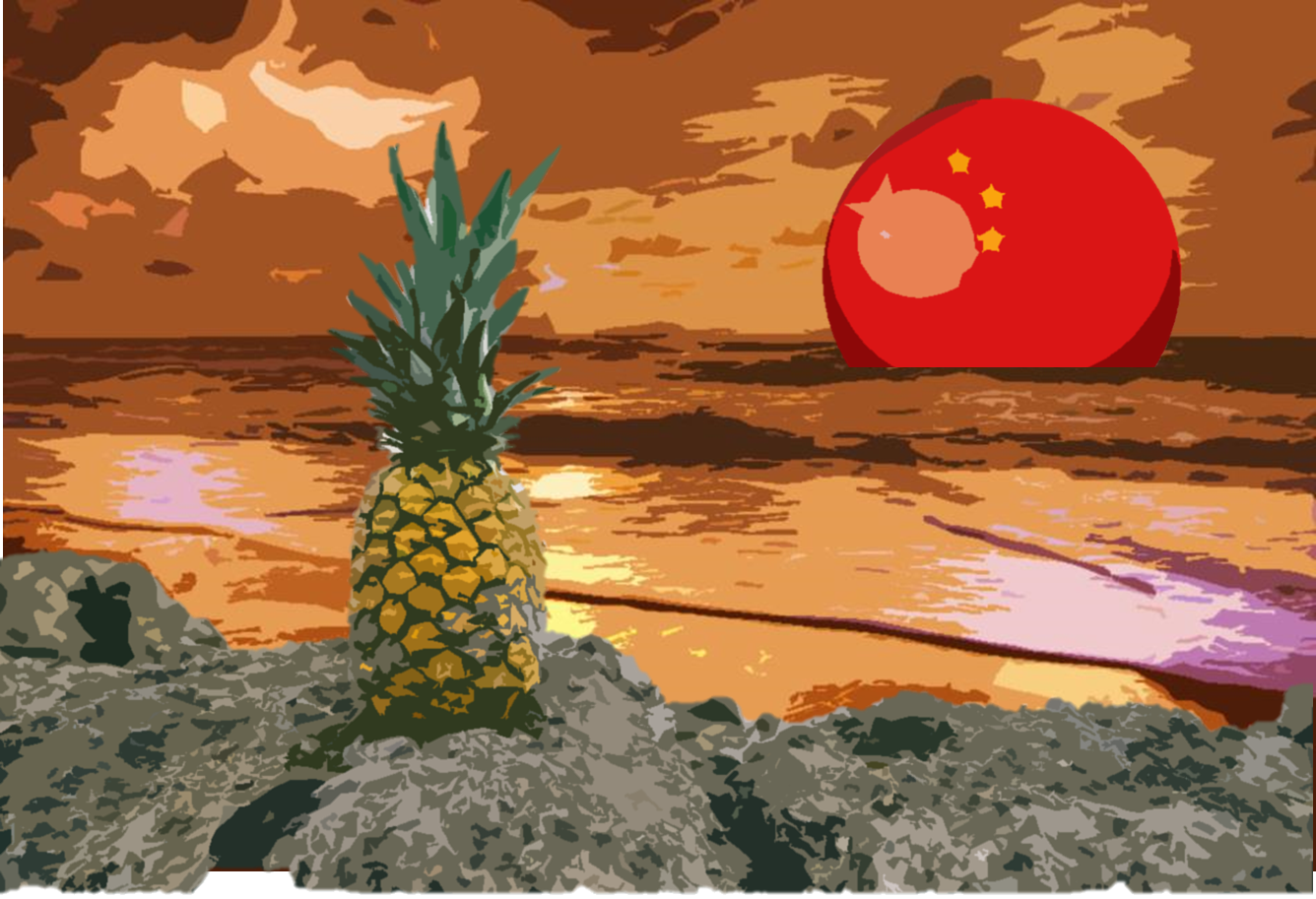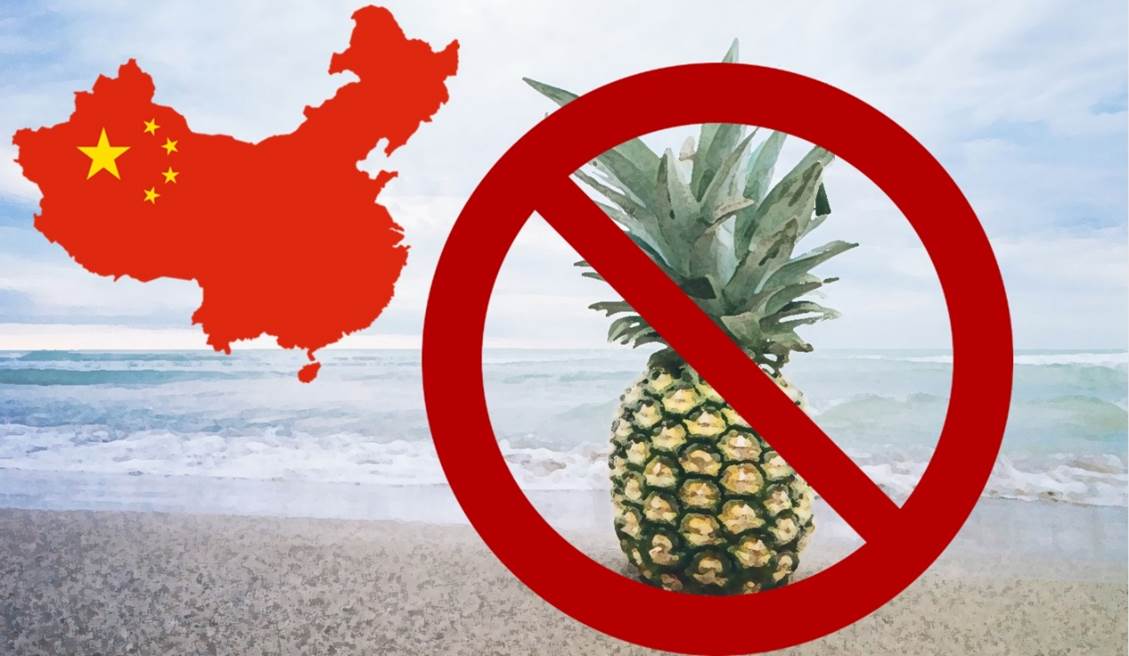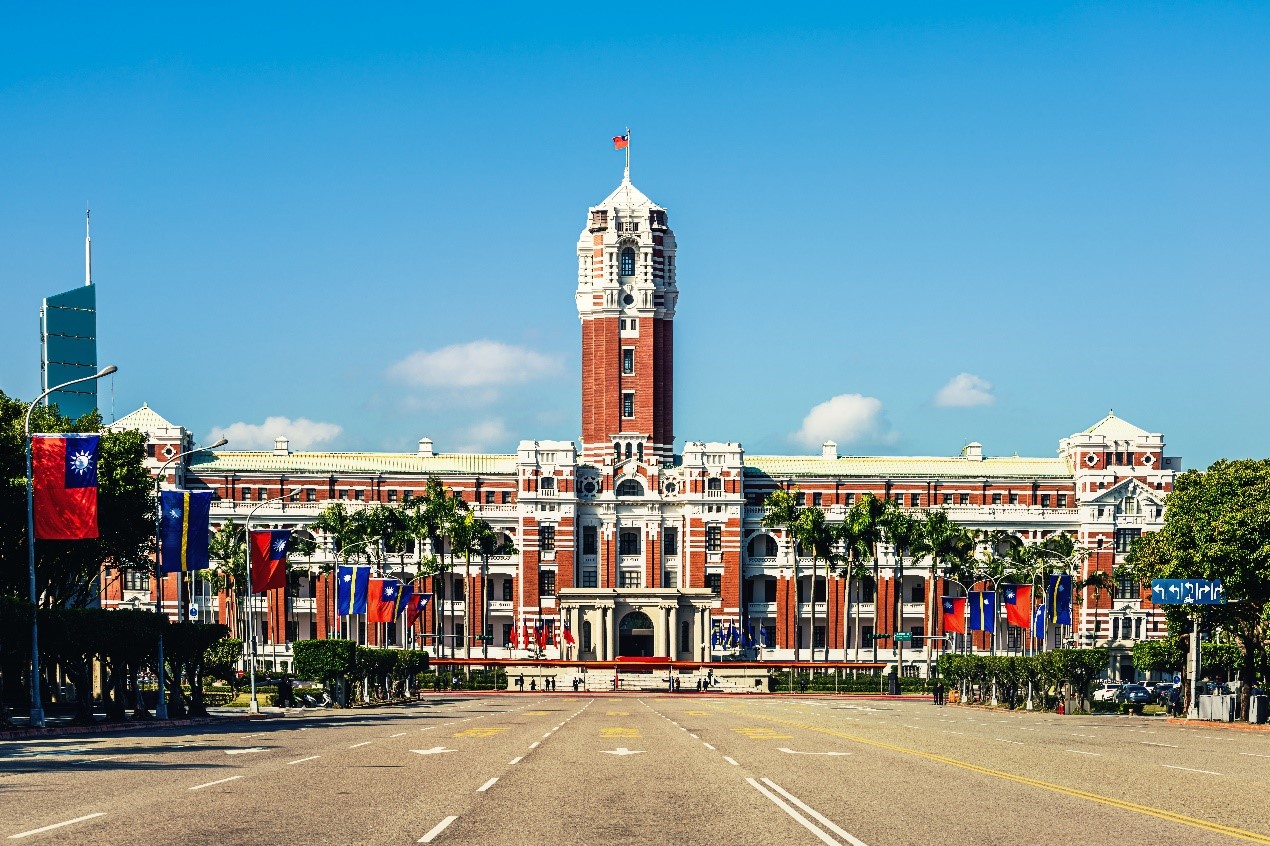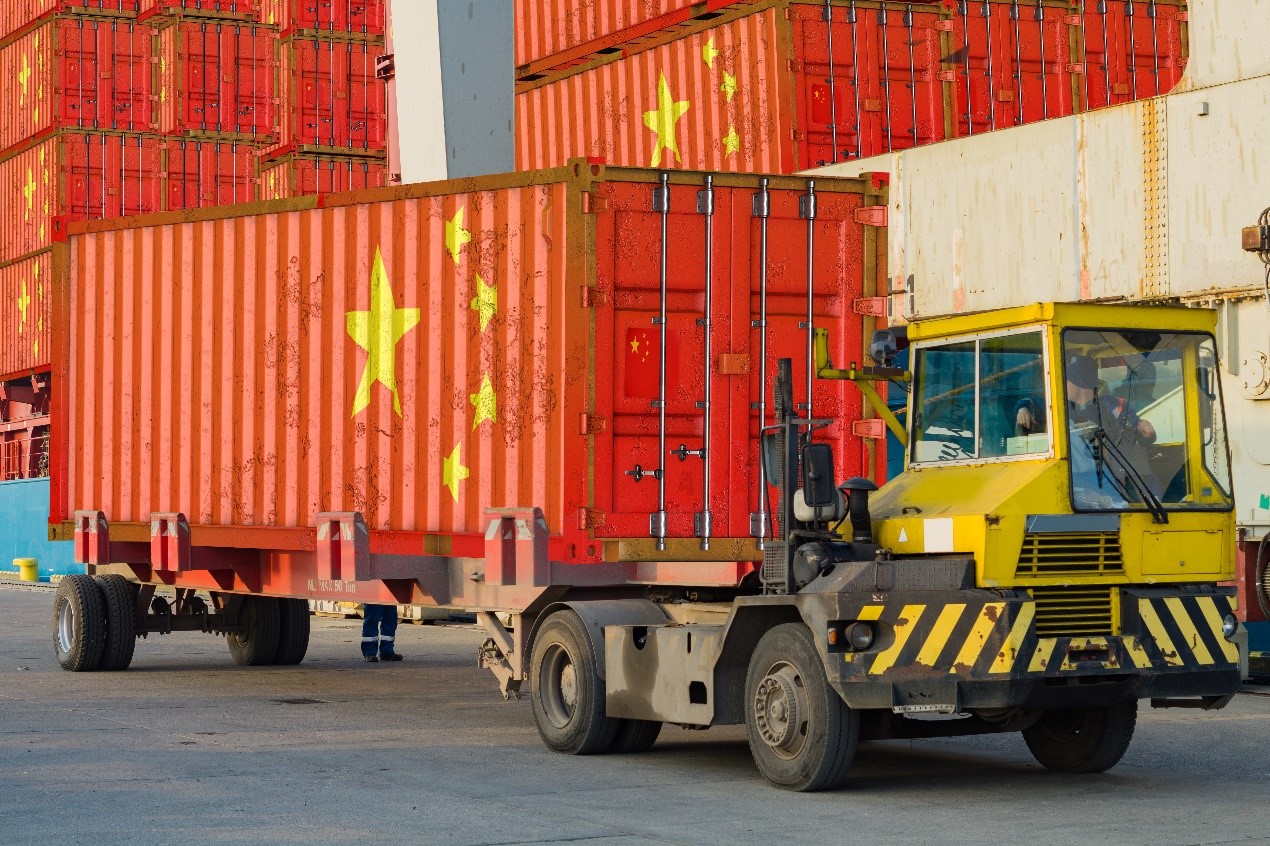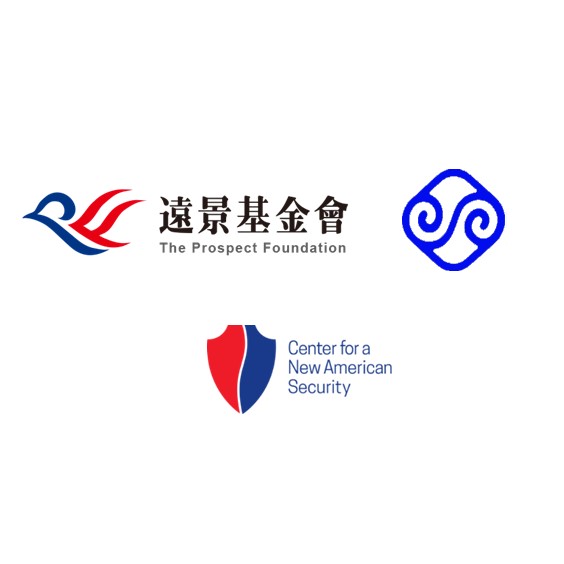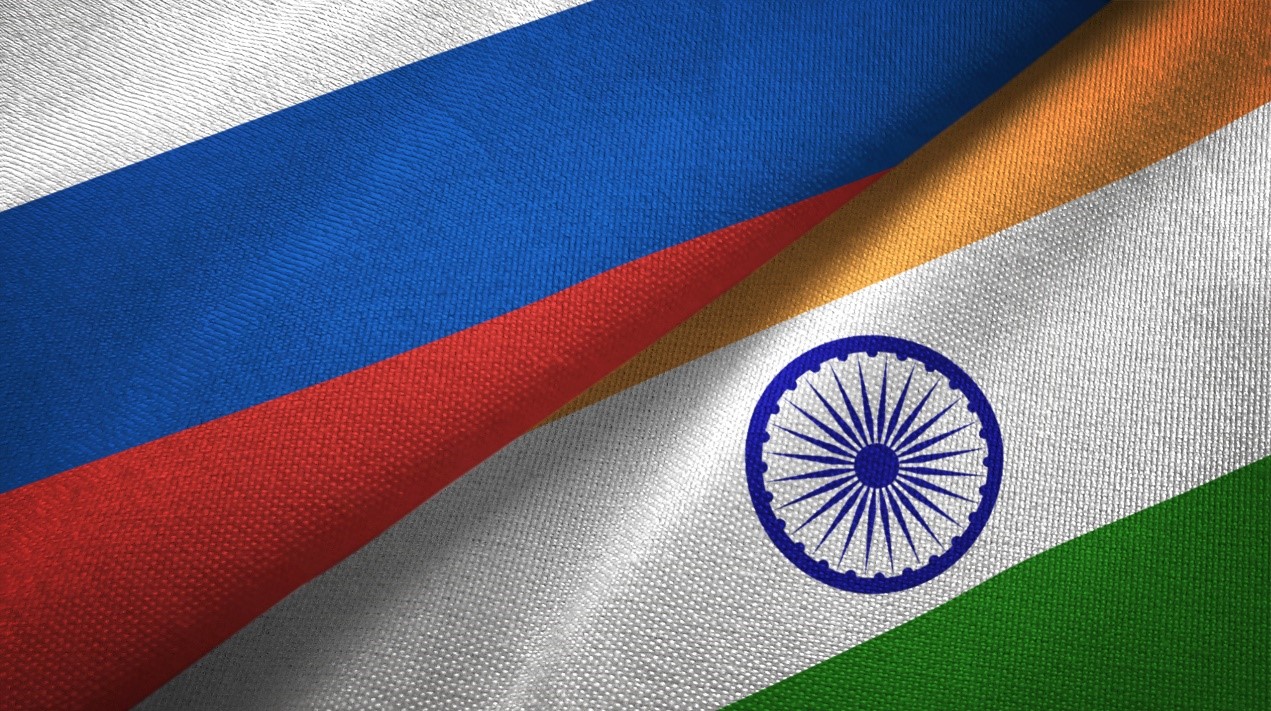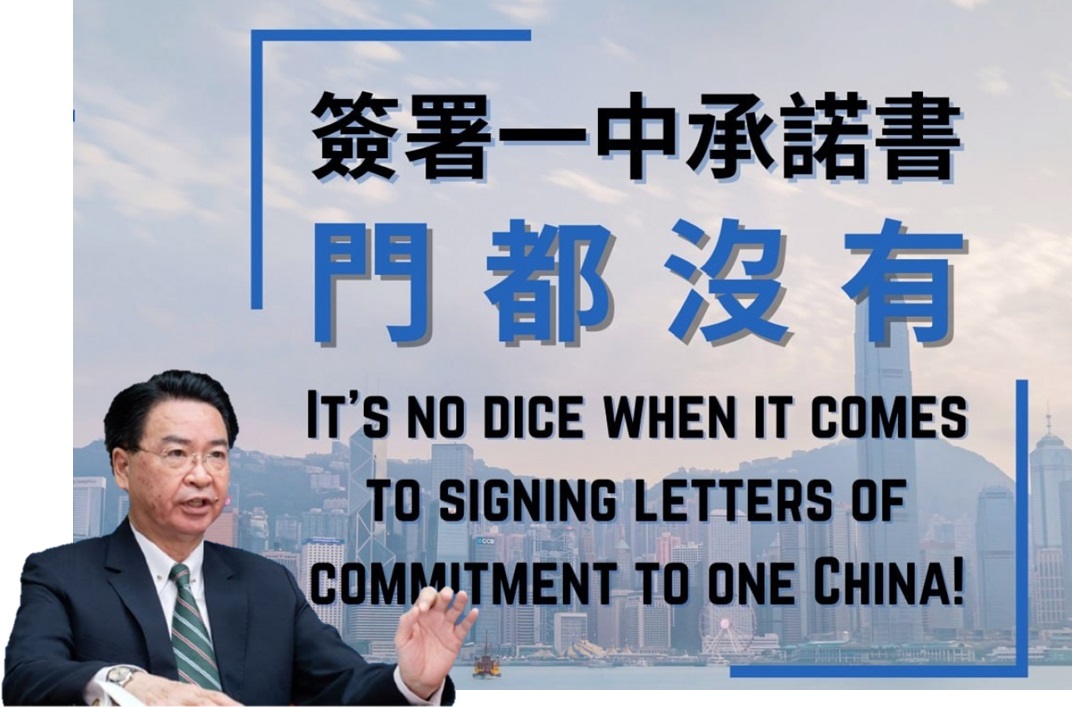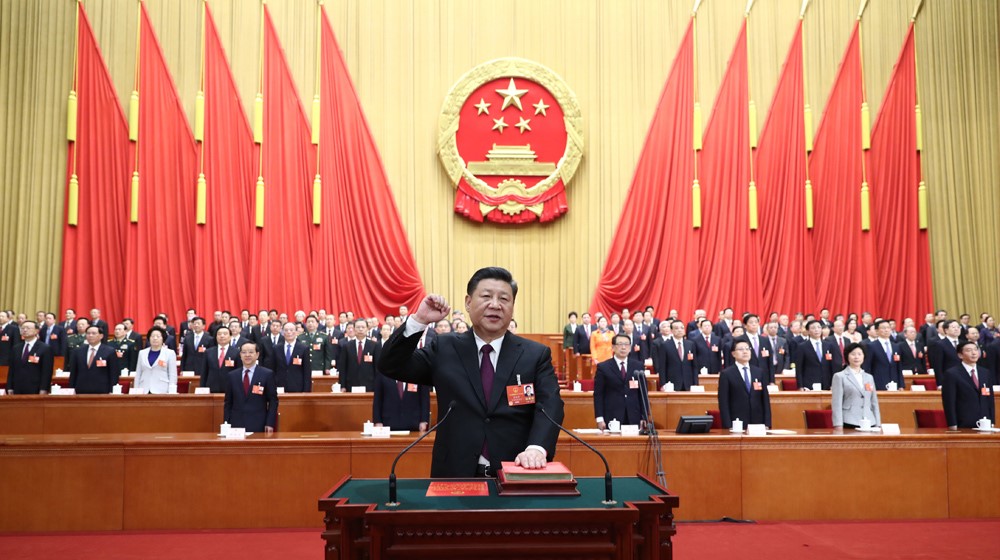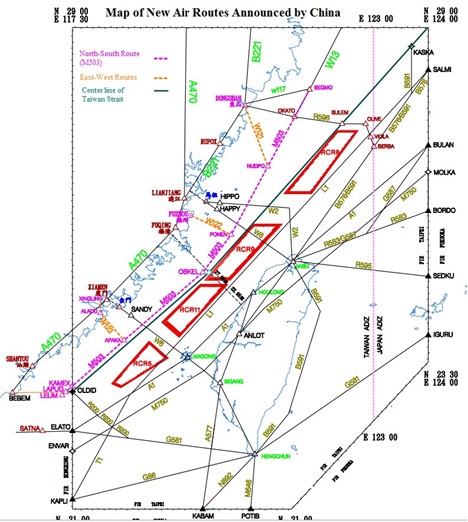A Discourse on China’s Temporary Halt to Taiwan Pineapple Imports
China’s surprise announcement to halt Taiwan pineapple imports, timed at peak season for maximum effect, is a clear political move that fails to meet international trading norms. Picture source: Pixabay, Pixabay, https://pixabay.com/photos/pineapple-ocean-view-freshness-1149047.
Prospects & Perspectives 2021 No. 18
A Discourse on China’s Temporary Halt to Taiwan Pineapple Imports
Ming-ming Wu
April 12, 2021
Taiwan exported 45,621 metric tons of pineapple in 2020, accounting for 10.9% of the total 418,155 metric tons produced that year. Ninety percent of these exports went to China. The projected crop for 2021 is 415,901 metric tons, with harvest of the best quality fruit concentrated over four months from March to June. On February 26 of this year Chinese authorities used claims of pest detections as a pretext to notify Taiwan of a temporary halt to pineapple shipments starting March 1.
From January 1 to October 18 of 2020, Taiwan shipped 5,544 batches of pineapples to China of which 99.79% successfully passed inspections. From October 19 of last year until the present day, 100% of 656 batches passed inspections. The surprise announcement of a temporary ban coming at peak production season is a clear political maneuver that fails to comply with the norms of international trade.
The GATT, WTO and the Agreement on the Application of Sanitary and Phytosanitary Measures (SPS Agreement) have clearly stated laws and norms of implementation; however, seeking redress through the WTO’s Dispute Settlement Mechanism (DSM) is a slow and measured process. China is a non-market economy that often flaunts standards on world trade and seldom complies when sanctioned, even going so far as to adopt retaliatory trade measures on the slimmest of pretexts.
In response to China’s actions, Taiwan has proposed three measures: diversifying the export market, igniting domestic marketing efforts, and expanding processed pineapple offerings. These measures include: the setting up of monetary incentives for overseas marketing (transportation subsidies), bonuses for sales performance, and marketing activities to stimulate sales in target markets; incentives for the set-up of ordering platforms, and promotions to encourage all major channels to boost purchases; the augmentation of institutional meals, military purchases, and agricultural food education; and, coaching producers on the expansion of product offerings, as well as subsidies for processing, freight handling, conveyance, and cold and chill storage, etc. These responsive measures have only recently gone into effect, but have already garnered enthusiastic support from people at home and abroad, including buying alliances, such as those with Japan.
Taiwan is a fruit production paradise, with year-round harvests of fresh supplies ready for markets. In order to reduce the impact of politicized moves, such as this one by China, and to be proactively prepared, the following points are proposed for inclusion in the administrative focus:
First, incentives for locals to consume more domestic produce: e.g., consumption of imported fresh chilled fruit far outpaces that of exports with imports in 2020 reaching NT$18.42 billion (USD:NTD, 1.00:28.00), versus exports of a mere NT$5.11 billion, for a deficit of NT$13.3 billion. When including nuts and other miscellaneous produce with fruits, the deficit is an even higher NT$21.45 billion. A higher percentage of fruit produced during the current peak season goes to the fresh market, and locals are being encouraged to purchase more locally sourced fresh fruits.
Second, reducing cross-border flows of new varieties and technologies developed through the public sector research budget: e.g., negotiate post-haste reciprocal bilateral agreements on intellectual property rights beyond those for already targeted foreign markets, provide support for the acquisition of new produce varieties, and with the utmost urgency legislate the classification of technologies and varieties developed under the public research budget as protected sensitive technologies, subject to criminal prosecution for violations.
Third, setting up a favorable environment for agricultural exports: e.g., proactively negotiate with governments in markets targeted for Taiwan’s agricultural exports favorable terms on testing and quarantine, residual pesticide levels, and the reduction of non-tariff trade barriers and customs duties; join international organizations such as the Comprehensive and Progressive Agreement for Trans-Pacific Partnership; augment ongoing research being done on better post-harvest handling methods, including storage and transportation technologies, and the development of new product varieties designed to withstand the stress of transportation and storage; and, provide incentives for safe food protocols and processing, including Traceable Agricultural Products (TAP), organically grown produce, Hazard Analysis Critical Control Points (HACCP), and Global Good Agricultural Practices (GLOBAL G.A.P.)
Fourth, encourage the establishment of large-scale agriculture trading companies: e.g., assist farm cooperatives and companies with actual export sales (e.g., Mitagri) in the setting up of contract farming systems (i.e., specified seedling, production and harvesting operations, guaranteed price purchases, profit-sharing, etc.) and in the set-up of production, marketing and supply chains in order to achieve economies of scale, assure stable and sufficient supplies, maintain high quality brands, and secure stable incomes for small farmers; and, provide subsidies to farming cooperatives and companies, which have reached a certain scale and have proven export sales, for the purchase of labor saving machinery, consolidated shipping services, processing equipment, and cold chain facilities, etc.
A Taiwanese trader in Australia who recently imported two metric tons of pineapples had to field complaints from buyers claiming that “transportation costs exceeded the value of the fruit shipped.” This issue falls under the rubric of opening new markets and the encouragement of export sales through transportation subsidies, tax discounts, and incentives for international marketing, which is the responsibility of governments everywhere.
The high quality image of Taiwan’s agricultural products can be facilitated through the encouragement of domestic consumption for local produce, reductions to the free flow of new varieties leaving the country, arrangements for a more favorable export environment, and incentives for the establishment of large-scale trading companies. Such proactive strikes, which secure higher domestic and international pricing, and lead to increased market income, are fundamental to raising the international competitiveness of Taiwan’s agricultural products.
(The Chinese version of this article was presented on the website, Facebook, and Twitter of Prospect Foundation, April 1, 2021)


